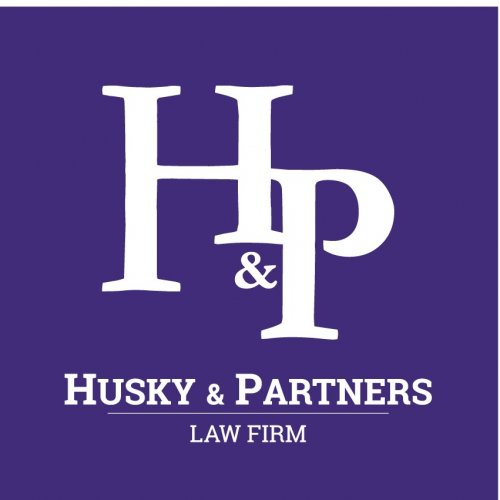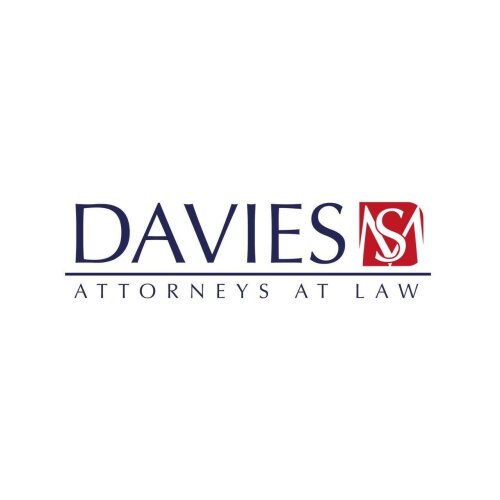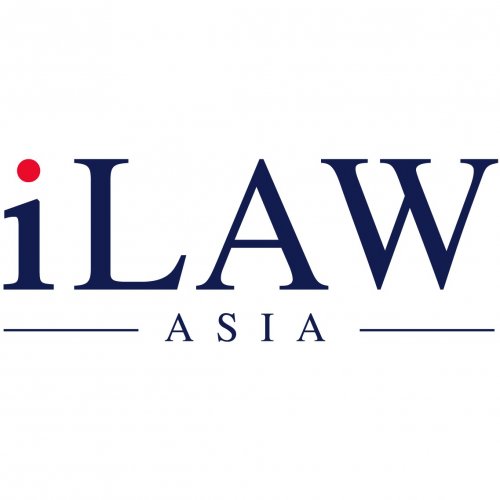Best Copyright Lawyers in Phnom Penh
Share your needs with us, get contacted by law firms.
Free. Takes 2 min.
List of the best lawyers in Phnom Penh, Cambodia
About Copyright Law in Phnom Penh, Cambodia:
Copyright law in Phnom Penh, Cambodia is governed by the Law on Copyrights and Related Rights. The law primarily aims to protect original works of literature, arts, and science from being copied or used without permission. Works protected by this law include, but are not limited to, music, books, films, paintings, computer programs, and databases. The copyright protection extends not only to domestic works but also to works produced by foreign nationals in compliance with international copyright agreements and conventions Cambodia is part of.
Why You May Need a Lawyer:
In many circumstances, you may need legal assistance to protect your copyrighted work. Whether you are an author, artist, or a business operating in Phnom Penh, a lawyer can help you register your copyright, enforce your rights, and represent you in court in cases of copyright infringement. Moreover, obtaining legal help becomes crucial when handling complex intellectual property transactions, such as licensing, transferring rights, or negotiating contracts related to copyrighted works. Lawyers can also aid in ensuring compliance with local and international copyright laws and in navigating the animated legal landscape of copyright in Cambodia.
Local Laws Overview:
Cambodia’s Law on Copyrights and Related Rights extends protection to copyrighted works for the lifetime of the author plus 50 years following their death. It gives the copyright holders the exclusive right to produce, reproduce, perform, or broadcast their works, and to authorize others to use their works. Conversely, it expressly forbids the unauthorized use, copying, or distribution of copyrighted works. Violations can lead to civil legal actions, criminal prosecutions, and significant fines. Additionally, the law provides provisions for 'fair use,' which allows limited use of copyrighted works without consent in certain situations like quoting in an academic setting.
Frequently Asked Questions:
1. How long does a copyright last in Cambodia?
The copyright lasts for the lifetime of the author plus an additional 50 years after their death.
2. Can foreign works be protected in Cambodia?
Yes, foreign works can be protected in Cambodia as long as Cambodia has an active international agreement concerning copyright protection with the country of the work's origin.
3. What actions can be taken if my copyright is infringed?
You can take legal action against the infringer, which may result in either civil or criminal penalties, depending on the nature and extent of the infringement.
4. Do I need to register a copyright to be protected?
While registration is not mandatory for protection, it provides legal proof of ownership and can, therefore, be beneficial in case of disputes or legal action.
5. Can 'fair use' of my copyrighted work be legalized without my permission?
Yes, the 'fair use' principle allows limited use of copyrighted works without the owner's consent under certain situations such as research, teaching, news reporting, etc. However, the use must not prejudice the normal exploitation of the work or the legitimate interests of the author.
Additional Resources:
The Department of Intellectual Property Rights under the Ministry of Commerce of Cambodia is responsible for registration of copyrights and related rights. Additionally, the ASEAN Intellectual Property Rights SME Helpdesk provides a wealth of resources and assistance for small and medium enterprises dealing with intellectual property issues in Cambodia.
Next Steps:
If you believe your copyright has been infringed or require advice on copyright matters, consult with a local lawyer experienced in copyright law. Such a professional can guide you with registration, enforcement, litigation, or transaction related to copyright based on your specific situation.
Lawzana helps you find the best lawyers and law firms in Phnom Penh through a curated and pre-screened list of qualified legal professionals. Our platform offers rankings and detailed profiles of attorneys and law firms, allowing you to compare based on practice areas, including Copyright, experience, and client feedback.
Each profile includes a description of the firm's areas of practice, client reviews, team members and partners, year of establishment, spoken languages, office locations, contact information, social media presence, and any published articles or resources. Most firms on our platform speak English and are experienced in both local and international legal matters.
Get a quote from top-rated law firms in Phnom Penh, Cambodia — quickly, securely, and without unnecessary hassle.
Disclaimer:
The information provided on this page is for general informational purposes only and does not constitute legal advice. While we strive to ensure the accuracy and relevance of the content, legal information may change over time, and interpretations of the law can vary. You should always consult with a qualified legal professional for advice specific to your situation.
We disclaim all liability for actions taken or not taken based on the content of this page. If you believe any information is incorrect or outdated, please contact us, and we will review and update it where appropriate.











